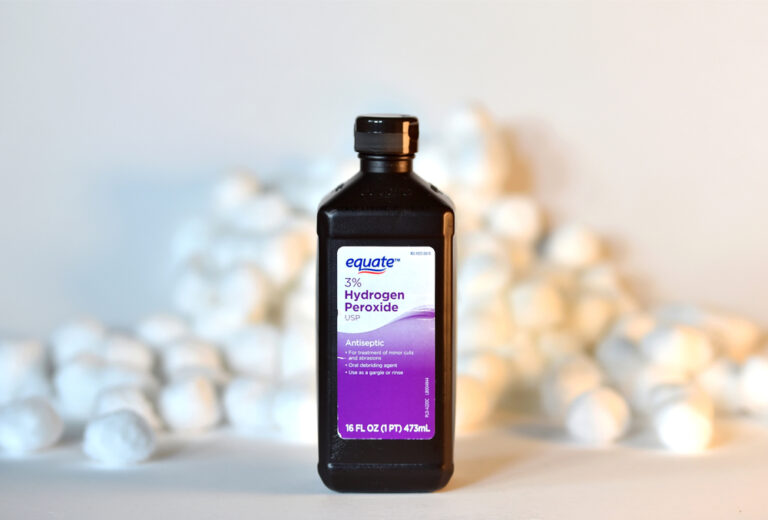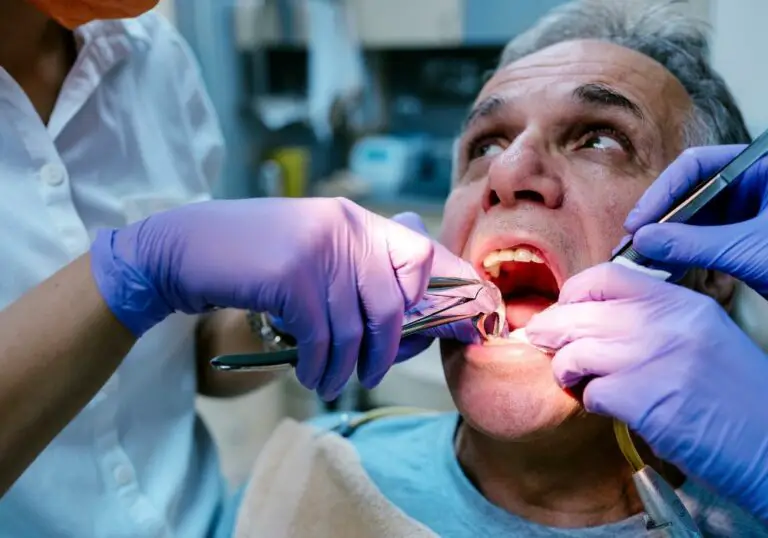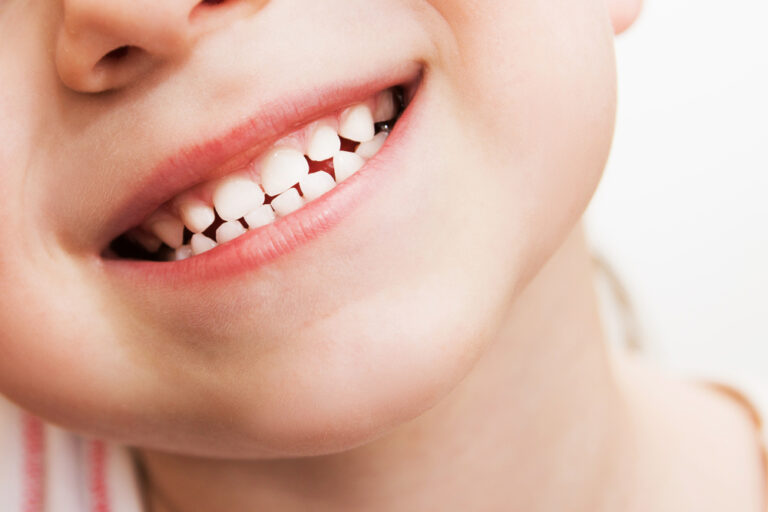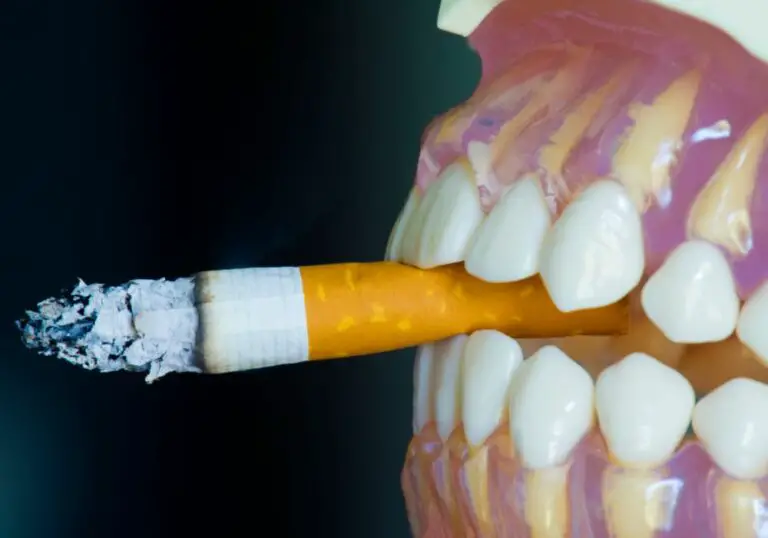What causes swollen gums in children?
There are a few potential causes for swollen gums in children:
Gingivitis
Gingivitis is inflammation of the gums caused by a buildup of plaque on the teeth. Plaque contains bacteria that irritate and infect the gums. As plaque accumulates, it triggers the body’s immune response which causes the gums to become swollen, red and bleed easily.
Gingivitis is quite common in children who don’t brush and floss properly. Food and plaque bacteria constantly form on the teeth, and without effective oral hygiene, this bacteria proliferates and inflames the gums. The gums might look puffy and discolored, and your child may complain of sensitivity or bleeding when brushing. Mild gingivitis can usually be reversed with improved oral hygiene habits.
Puberty
During puberty, the increase in hormones like progesterone and estrogen can cause gum tissues to react more strongly to plaque and become inflamed. The gums will appear swollen and red, especially around the front teeth. Even mild plaque that normally wouldn’t cause problems can trigger gingivitis during the hormonal changes of puberty. Diligent oral hygiene is important to keep gums healthy.
Medication side effects
There are some prescription medications that may cause the gums to enlarge as a side effect. Seizure medications like phenytoin, calcium channel blockers like nifedipine for high blood pressure, immunosuppressants like cyclosporine, and certain oral contraceptives are examples.
The drugs can affect collagen production and fibroblasts in the gums, disrupting normal gum cell regulation and leading to overgrowth. The gums may appear pink, swollen and puffy, and mound over the teeth. If medication is thought to be the cause, speak with your child’s doctor about alternative options.
Vitamin C deficiency
Vitamin C (ascorbic acid) plays an important role in collagen formation and the health of connective tissue like the gums. A deficiency in vitamin C can weaken the gum tissues, making them prone to swelling and bleeding. Eating citrus fruits, broccoli, tomatoes, strawberries and supplementing with vitamin C can help reverse these symptoms.
Mouth injuries
Trauma to the mouth from a sports injury, accidental bite on the gums, or oral surgery can damage the gum tissue and result in pain and swelling. Swollen gums from injury are generally localized to one area of the mouth and improve as the area heals. The dentist may prescribe antibiotics to prevent infection and help the gums heal.
Dental abscess
A bacterial infection can take hold in the gums and progress to a dental abscess – a pocket of pus causing the gum to swell up. Abscesses cause throbbing pain. The gum around an abscessed tooth may be severely swollen, red, and tender to touch. Antibiotics from a dentist are required to clear up the infection, and sometimes the affected tooth must be treated or extracted.
Gum disease
Advanced gum disease (gingivitis or periodontitis) also leads to diffuse swollen gums throughout the mouth. There is usually significant plaque, tartar buildup, receding gums, and periodontal pockets around teeth with pus and debris. The gums will be inflamed and bleed easily. A deep dental cleaning and antibiotics will be needed to treat gum disease.
Cancer
In very rare cases, swollen gums or unusual growths on the gum tissue could be a sign of oral cancer, particularly in adults. See a dentist promptly if you notice any strange lumps, bumps, or swelling that doesn’t go away.
When to see a dentist
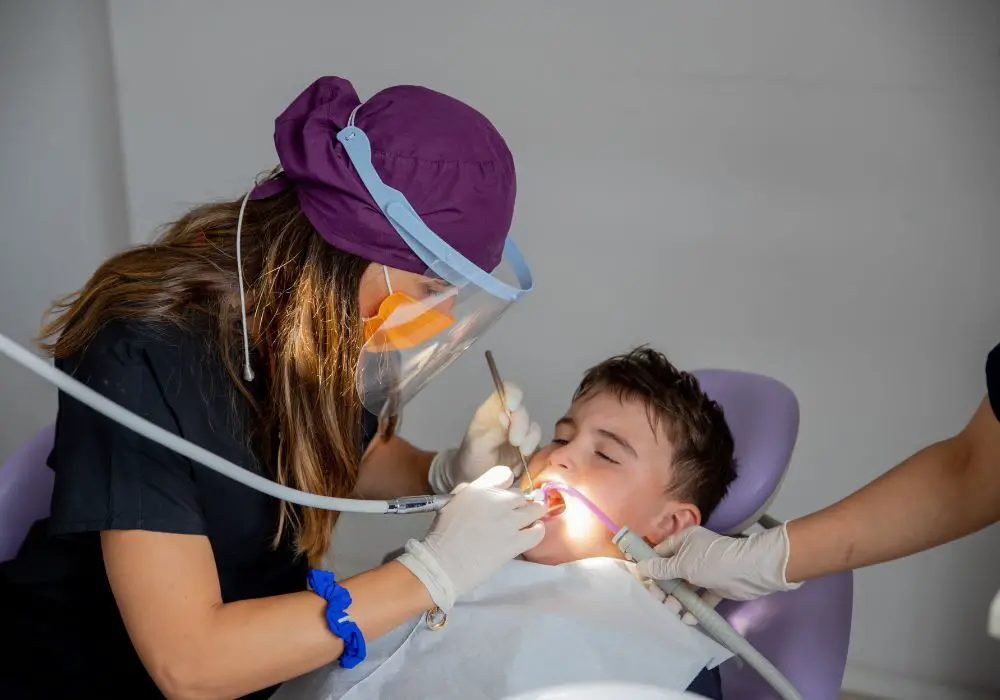
It’s recommended to take your child to the dentist promptly if their gums stay swollen longer than 1-2 weeks without improvement. A dentist can properly examine the gums, take x-rays if needed, and determine the underlying cause. Signs that indicate seeing a dentist right away include:
- Severe swelling that is getting worse
- Persistent bleeding from the gums
- Pus discharge from gums
- Difficulty chewing or swallowing
- Swelling only on one side of mouth or face
- Swollen gums along with fever or ill feeling
- Very red, angry looking gums
The dentist has a variety of tests and tools to pinpoint the reason for your child’s swollen gums:
- Clinical exam – Visually inspecting the teeth and gums for signs of infection or irritation. Checking for plaque buildup, swollen areas, gum recession, bleeding, and periodontal pockets.
- X-rays – Dental x-rays allow the dentist to see below the gum line for any infections or abscesses affecting the teeth and bone.
- Gum probing – Use of a periodontal probe to measure pocket depths around each tooth where bacteria can collect.
- Oral cancer screening – The dentist will feel for any unusual lumps or tissue changes.
- Bite test – Having the child bite down to see if it causes discomfort or pain.
Based on these findings, the dentist will be able to diagnose the cause of the swelling and decide on the appropriate treatment.
Home remedies
There are some natural home remedies that may provide temporary relief if your child’s gums are mildly swollen:
- Salt water rinse – Have your child swish and rinse their mouth vigorously with warm salt water 2-3 times a day. This helps flush out bacteria and draw out inflammation from the gums.
- Aloe vera – Obtain pure aloe vera gel and gently massage it along your child’s swollen gums using a clean finger. Aloe vera has soothing, anti-inflammatory properties that can reduce gum swelling and discomfort.
- Cold compress – Place an ice pack or cold, wet cloth against the outside of your child’s cheek in the area of swollen gums. The cold temperature will constrict blood vessels and reduce swelling and inflammation. Do this for 10-15 minutes a few times a day.
- Clove oil – Soak a cotton swab in clove oil and gently dab it onto your child’s gums. Clove oil contains Eugenol which numbs and disinfects. This can temporarily relieve gum pain and sensitivity from swelling.
- Coconut oil – Have your child swish around a tablespoon of coconut oil in their mouth for a few minutes each day. The lauric acid in coconut oil has anti-inflammatory and antimicrobial effects to help soothe irritated gums.
Along with these home remedies, be sure your child is brushing properly twice a day and flossing once daily. If swelling persists longer than 1-2 weeks, have your child see a dentist for evaluation and treatment.
When to worry

In most cases, swollen gums will go away on their own with good oral hygiene and minor care. However, there are some circumstances in which you should be very concerned about gum swelling in your child:
- Swelling accompanied by high fever, chills, or ill feeling, signaling infection.
- Severe swelling that continues to get worse and more painful.
- Difficulty eating, swallowing, or opening mouth due to swelling.
- Swelling and redness only affecting one side of mouth.
- Swelling that persists longer than 2 weeks without improvement.
- Presence of loose teeth near area of swelling.
- Swelling combined with persistent bad breath.
- Bleeding gums along with significant swelling.
If any of these more serious symptoms develop in addition to your child’s swollen gums, it requires prompt evaluation by a pediatric dentist. These signs can indicate a major dental abscess, cellulitis, gum disease or other problem requiring antibiotics or surgery. Don’t wait with worsening swelling as it risks deeper infection. Seek professional treatment right away.
Preventing Swollen Gums
Here are some tips help prevent your child from getting swollen gums in the first place:
- Brush properly – Ensure your child brushes their teeth twice a day for 2 minutes each time. Use a soft bristle brush and fluoride toothpaste. Help brush or supervise brushing until age 8.
- Floss daily – Floss your child’s teeth once a day to remove plaque between teeth that brushing misses. Use proper flossing technique.
- Healthy diet – Feed your child a balanced diet low in sugary foods. Avoid sticky candies and frequent snacking, which lead to more plaque buildup.
- Dental visits – Take your child for professional cleanings and checkups every 6 months to catch problems early. Their first visit should be around age 1.
- Watch medications – Be aware if any medicines your child takes may cause gum overgrowth as a side effect. Talk to your doctor.
- Don’t share drinks or utensils – Sharing can spread bacteria that cause gum inflammation. Have your child use only their own toothbrush too.
- Quit smoking – Secondhand smoke exposure puts your child’s oral health at risk. If you smoke, quit. Tobacco use leads to gum disease.
- Hydrate – Make sure your child drinks plenty of water each day to stay hydrated and promote oral health.
By instilling good oral hygiene habits and regular dental care from a young age, you can help prevent swollen gums and establish healthy gums for life. Be vigilant with brushing, flossing, diet and professional cleanings.
Frequently Asked Questions
Here are some common questions about swollen gums in children:
What is the most common cause of swollen gums in kids?
Gingivitis, or early gum infection caused by plaque buildup, is the most likely reason for swollen gums in children. Reducing plaque through diligent brushing, flossing and dental cleanings can clear up inflammation.
At what age should my child first see a dentist?
It is recommended to schedule your child’s first dental visit around their first birthday, or when they get their first tooth. The dentist can assess development and teach you how to properly care for your child’s teeth.
Could swollen gums be from my child’s medicine?
Yes, certain prescription medications used for other health conditions can sometimes cause gum overgrowth as a side effect. Some examples are seizure medications, blood pressure medications, oral contraceptives and immunosuppressants.
What home remedy works best for swollen gums?
Gently rinsing with warm salt water 2-3 times a day can help reduce bacteria and soothe irritation. Massaging pure aloe vera gel onto the gums provides a natural anti-inflammatory effect as well.
Is it ever normal for gums to be a little swollen?
It can be normal for gums to appear somewhat puffy or swollen during puberty as hormone changes make them more sensitive. But significant or worsening gum swelling warrants examination by a dentist to determine the cause and treatment needed.


